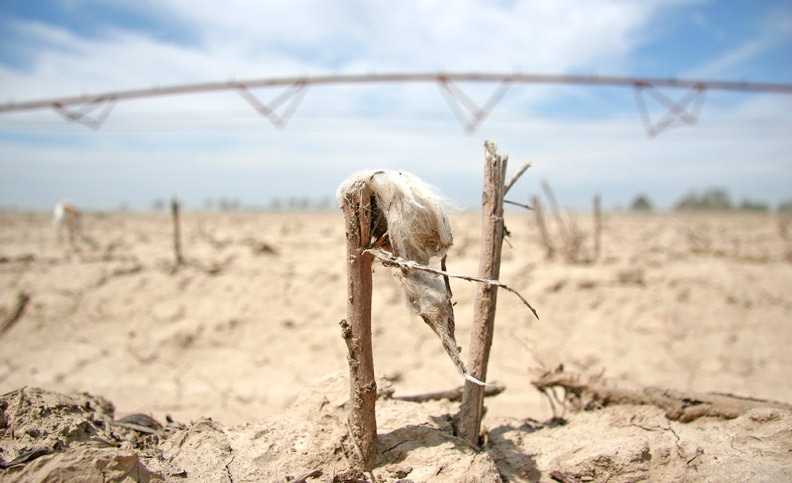February 1, 2013

Farmer suicide is an incredible tragedy in India. Numbers are hazy and disputed, but since 1995, facing crippling debt, thousands of Indian farmers have committed suicide; many of them by drinking pesticide.
For the most part, media outlets have placed the blame on the “suicide economy” of GM crops, corporate agriculture and Monsanto. The accepted storyline, in a distilled form: Thousands of Indian cotton farmers, subject to outrageous GM seed prices for Bt cotton, have been swallowed by debt and can’t find any means of escape other than suicide.
The GM suicide refrain has been repeated enough times and by enough outlets to make it seem true. But just a cursory look at some often ignored facts calls the narrative into question.
As Rubab Abid wrote recently in the National Post: “The issue of farmer suicides first gained media attention in 1995 as the southern state of Maharashtra began reporting a significant rise in farmers killing themselves … But it wasn’t until seven years later — in 2002 — that the U.S.-based agribusiness Monsanto began selling genetically modified cotton seeds, known as Bt cotton, to Indian farmers.”
A seven-year discrepancy and thousands of suicides within that window (committed by non-GM farmers), should bring the GM-blame narrative crashing down. Instead, blame is shifted to corporate agriculture: Small farmers consumed by the machinery of “Big Ag.”
But again, the true picture is far from clear as described in the Post: “The number of farmer deaths in India is much less than the general population. According to the report, the rate of suicide deaths among agricultural workers is around seven deaths per 100,000 people, whereas the overall suicide rate in India is close to 15 deaths per 100,000. And while the number of farm suicides rose sharply between 1995 and 2002, the trend of late has been downward or flat.”
Five years ago, the International Food Policy Research Institute (IFPRI) released a study that upended the GM blame game. "It is not only inaccurate, but simply wrong to blame the use of Bt cotton as the primary cause of farmer suicides in India. Despite the recent media hype around farmer suicides fuelled by civil society organisations and reaching the highest political spheres in India and elsewhere, there is no evidence in available data of a 'resurgence' of farmer suicide in India in the last five years.”
However, despite the IFPRI study and the weight of stubborn facts to the contrary, the GM suicide narrative has grown stronger, popularized by self-appointed experts such as Prince Charles who gave the issue global attention in 2008 when he directly attributed Indian farmer deaths to “the failure of many GM crop varieties.”
With rantings that only a royal could get away with, Charles has long been an outspoken opponent of GM crops: "And if they think it's somehow going to work because they are going to have one form of clever genetic engineering after another then again count me out, because that will be guaranteed to cause the biggest disaster environmentally of all time." (Yes, this is the same Prince Charles that recommended carrot juice and coffee bean enemas as a cancer remedy.)
The tragedy of Indian farmer suicides can be attributed to a complex host of factors, and consigning blame for the suicides to Monsanto and corporate agriculture is guaranteed to get headlines and cheap applause, but such claims do not stand up to proper scrutiny.
About the Author(s)
You May Also Like






